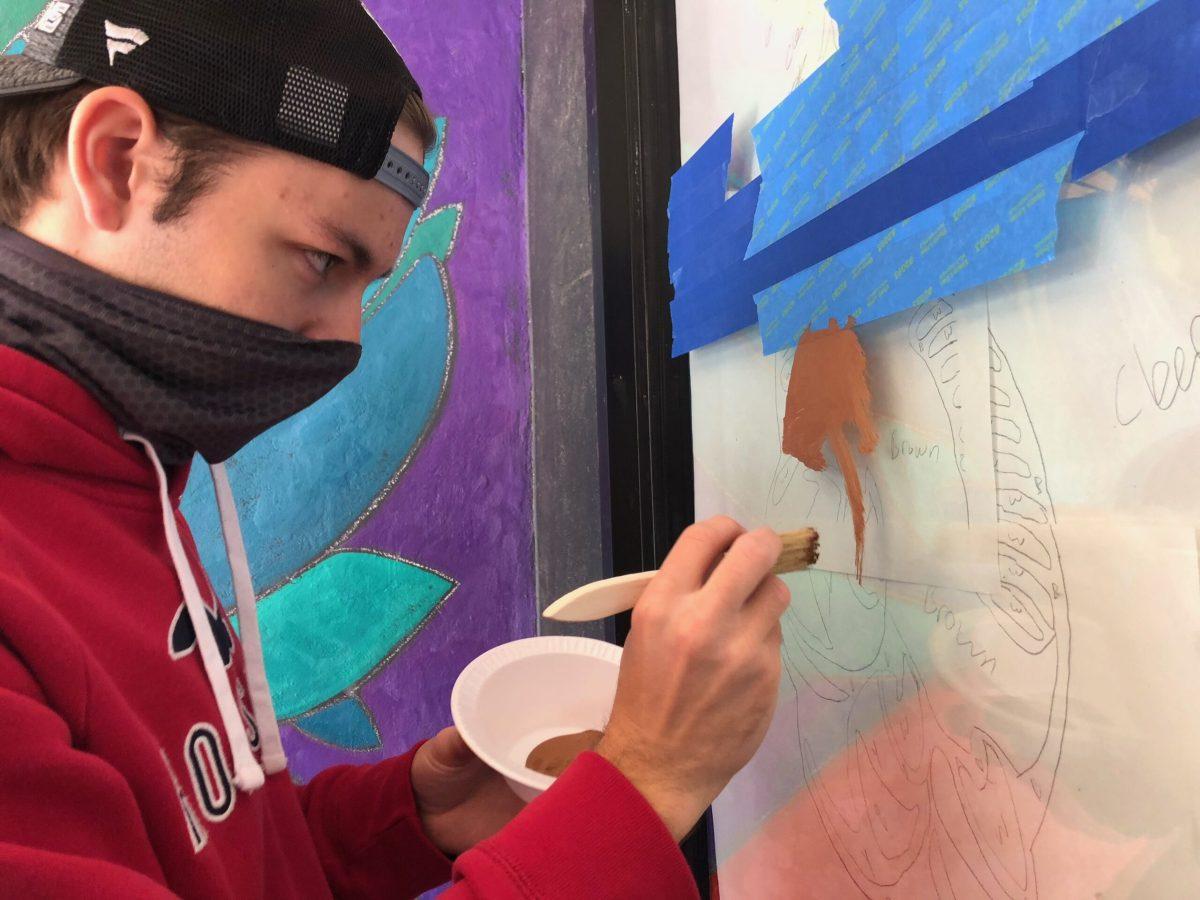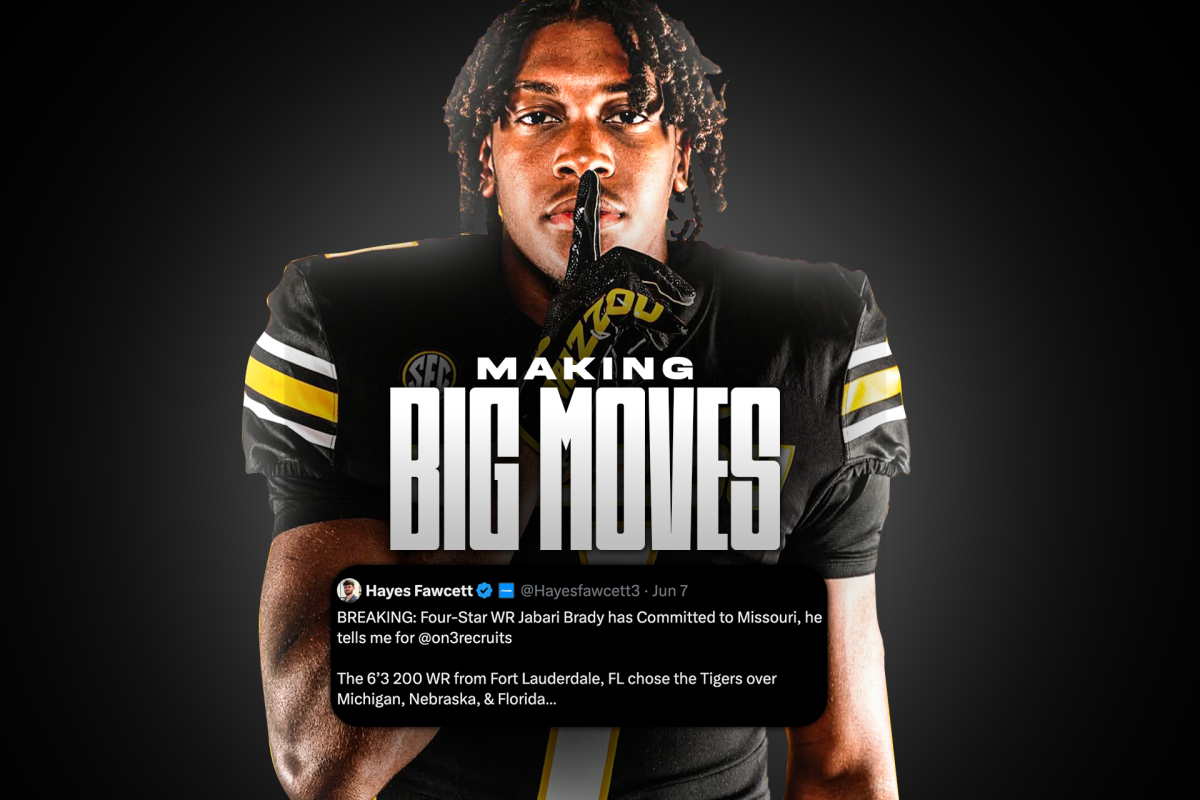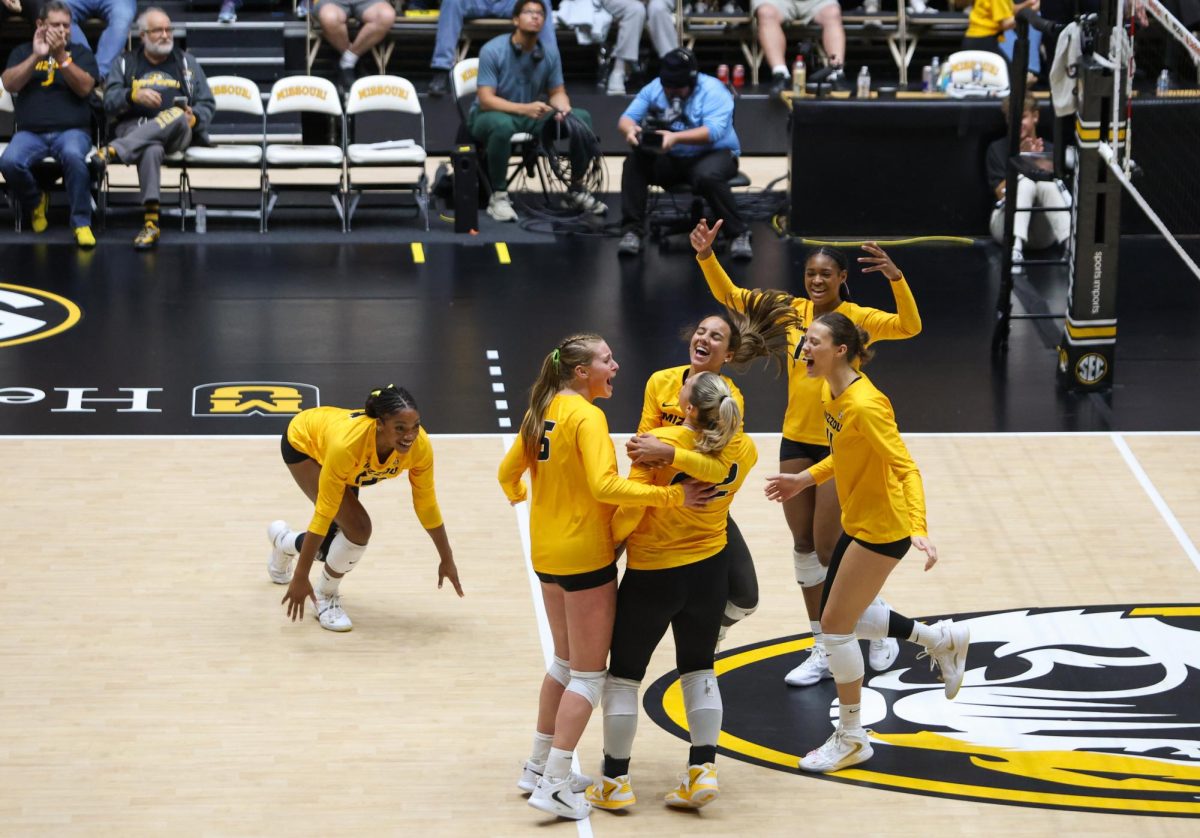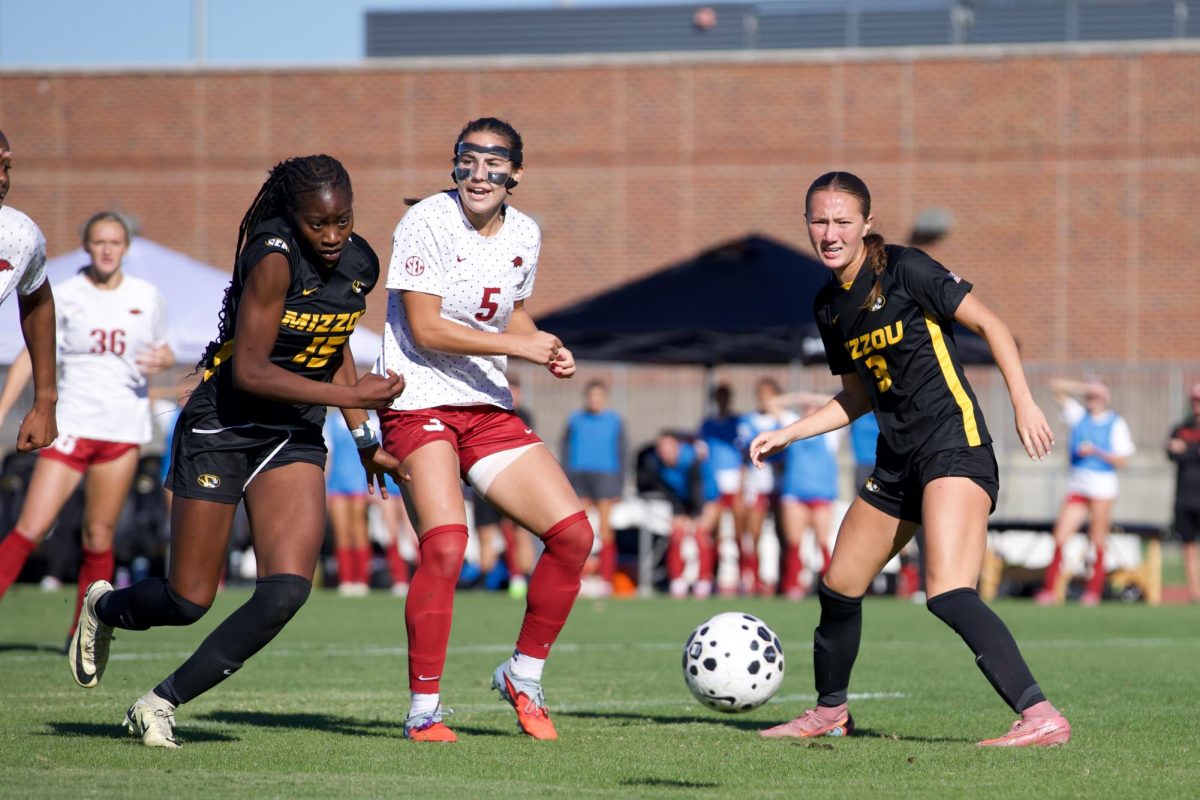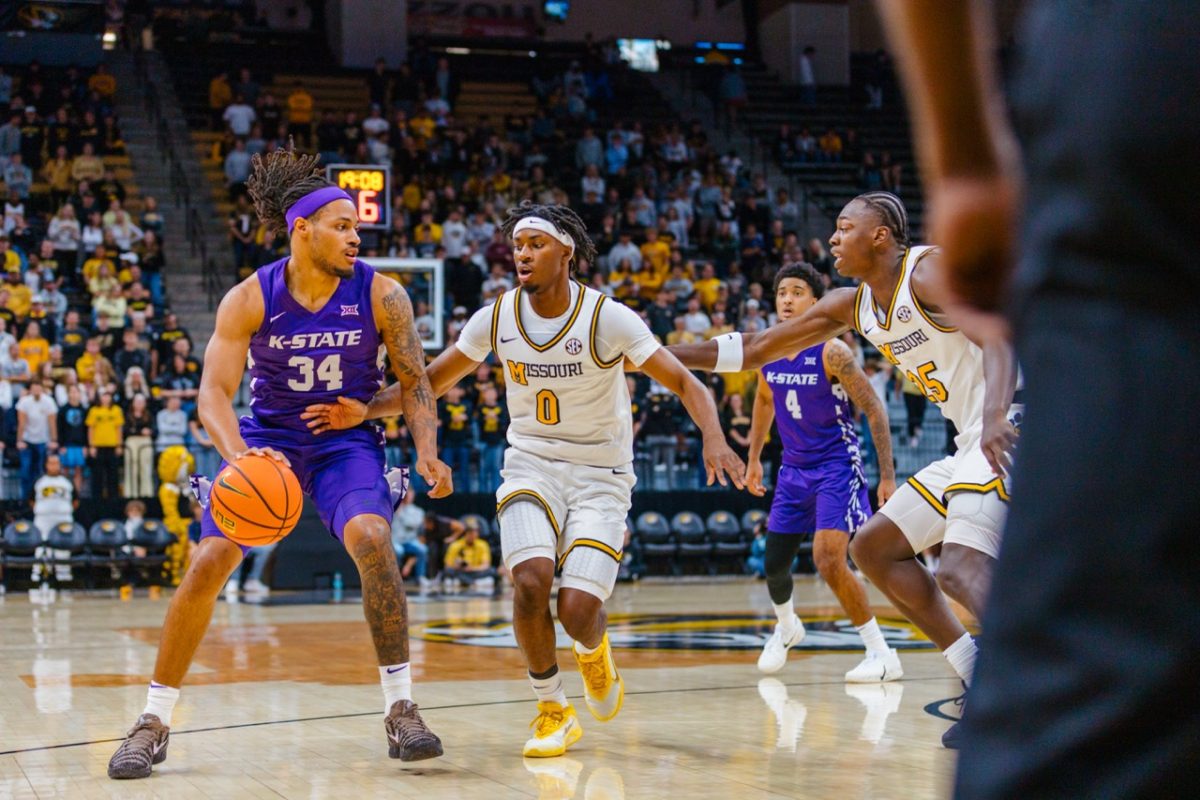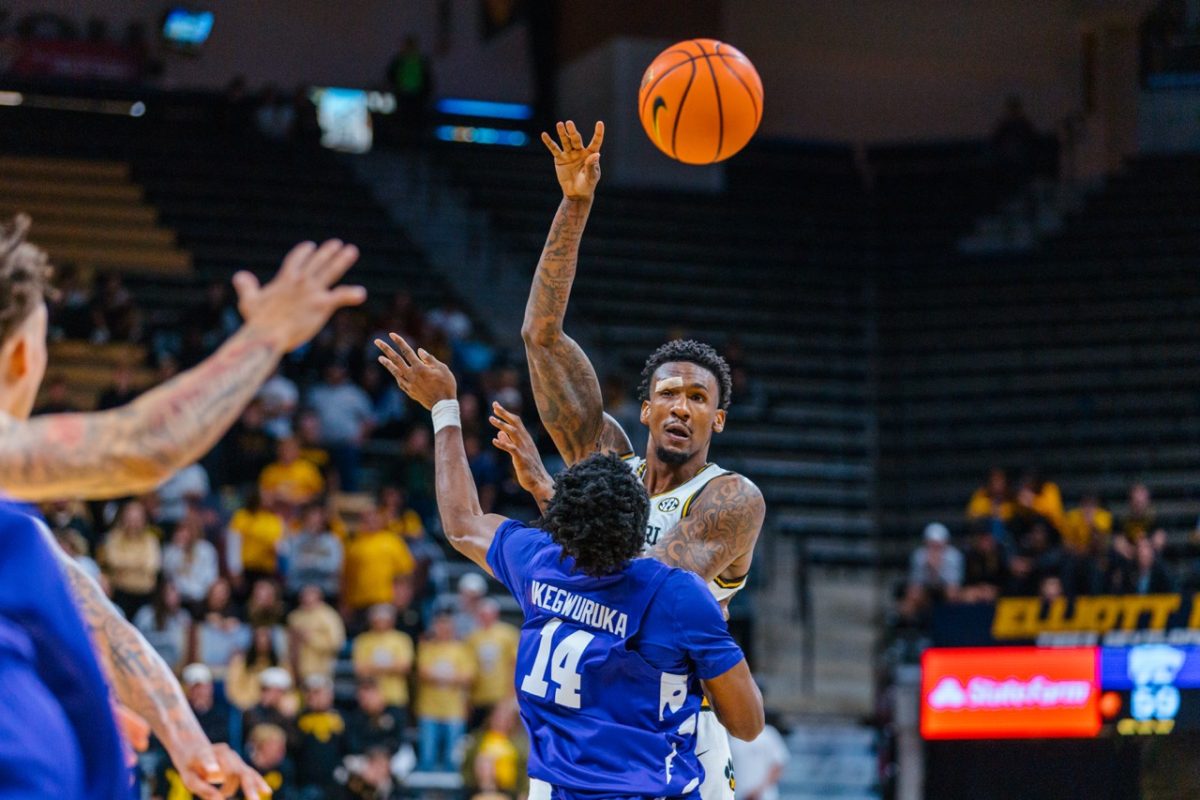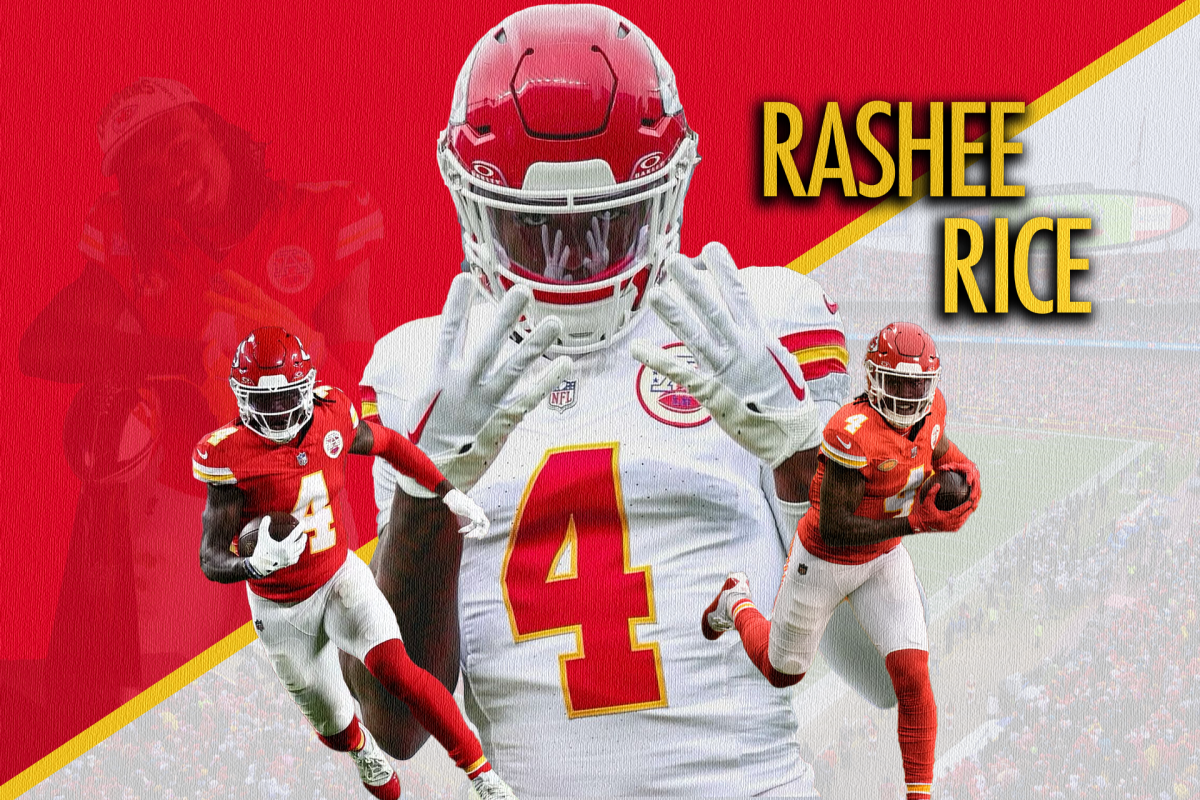In the birthplace of homecoming, the tradition has come to a standstill. An empty Memorial Stadium sits idle on a weekend meant for celebration. The stands, which, with COVID-19 restrictions, would be allowed to hold a limited number of fans for the annual homecoming football game, remained empty for the time being.
Last Monday, the SEC announced Missouri’s homecoming football game against Vanderbilt would be postponed, as multiple positive COVID-19 tests rendered the Commodores unable to field an eligible team. It was one of two weekend SEC matchups to be rescheduled, as the virus also made its way into Florida’s locker room, postponing its game with LSU.
“I was upset [when the game was postponed],” MU alumnus Austin Walker said. “I think it doesn’t feel as much like homecoming weekend or even a game day, but I’m going to treat it as if it’s a game day. I’m not going to let that stop me.”
Despite the football game’s absence, the university still planned to hold many of its homecoming festivities. While there can’t be the parade or crowded bars and restaurants of yesteryear, some traditions continued.
Many student organizations participated in the “Decorate the District” festivities, during which students paint homecoming-themed messages and pictures onto windows in the downtown district. Each of the buildings that are decorated are assigned to a different student organization, including those in Greek life, the Alumni Association Student Board and other organizations, with many along the typical homecoming parade route.
“It’s definitely different,” sophomore MJ Tierney said. “We’re not doing as much stuff involving Greek life, but we are still doing ‘[Decorate] the District,’ and we’re also really excited to get underclassmen out here, who haven’t really gotten a chance to do homecoming before.”
Instead of intricate house decorations in Greek Town or 60,000 fans heaping praise on the Tigers in the stands of Faurot, the festivities must be done in a way that accounts for social distancing and follows local and national health guidelines in order to have a safe event for students and alumni.
“As an alum, I am looking forward just to the idea of being back with people,” Walker said. “Not necessarily the online spirit rally; while that sounds cool, I can do that by myself. But the idea of just homecoming itself, just coming home is what I’m happy about. I don’t think that a lot of the alumni are going to be jumping at the seams to get a spot on the virtual spirit thing.”
With a large influx of people coming to Columbia, public safety is likely to be on the forefront for both the city and the university in the midst of the COVID-19 pandemic.
“Obviously, Saturday was supposed to be a game day,” Walker said. “So how they’re going to police and make sure that people are still following the rules per the CDC and Boone County, and what that’s gonna look like for people that are still wanting to have that homecoming experience without it being in a pandemic, like me. I’m going to be doing a lot of that. I’m gonna make sure that I am socially distant and being safe.”
With the buildup to the homecoming football game, there is a lot of work that goes into preparing the city and individual organizations for the celebration. This work includes decorating the downtown area in Decorate the District, selecting Homecoming Royalty, hosting the spirit rally and numerous other activities. With the spread of the pandemic, this meant that large portions of this preparation have been cancelled altogether or undergone major revisions.
“It really impacts the social life of college,” junior Brianna Evans said. “Not being able to meet new friends, hang out with people, just have a social life, it really sucks. You’re not pomping, you’re not painting house, you’re not doing float, nothing like that.”
In the end, game or no game, parade or no parade, some feel that homecoming goes deeper than just the events and activities associated with it. There’s a feeling that homecoming is more about the people that are coming back to the university and the city that they once knew as home and that they are there to once again have that feeling of being home.
“Coming back to Columbia, I got to see my best friend. I get to see people who I never get to see anymore,” Walker said. “I think people make homecoming. The events don’t make homecoming. When you go home to an experience, and I think seeing them is an experience that I don’t want to forget.”
_Edited by Jack Soble | [email protected]_


